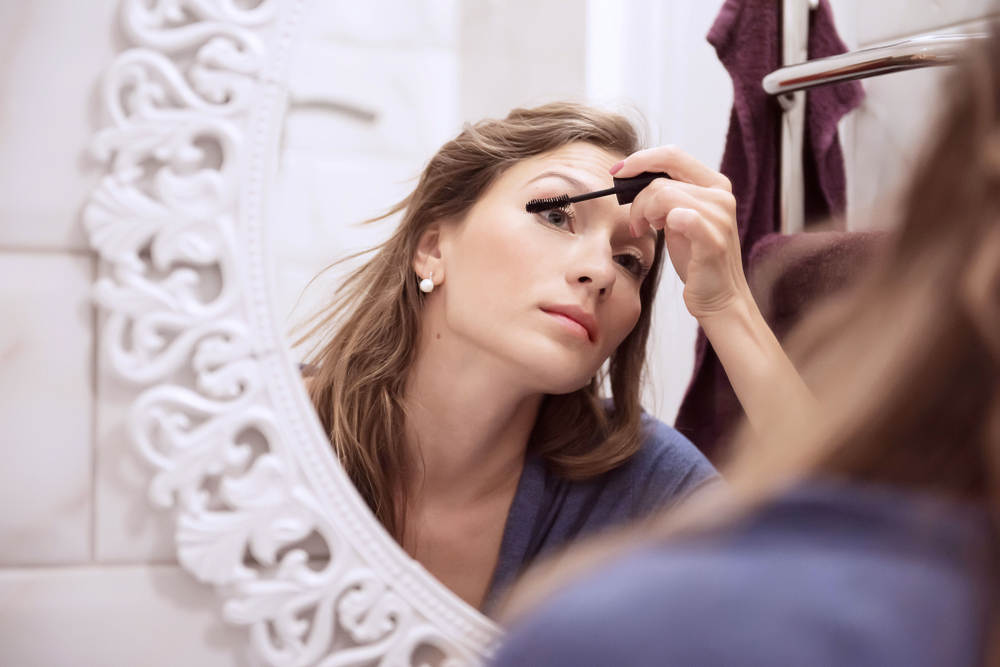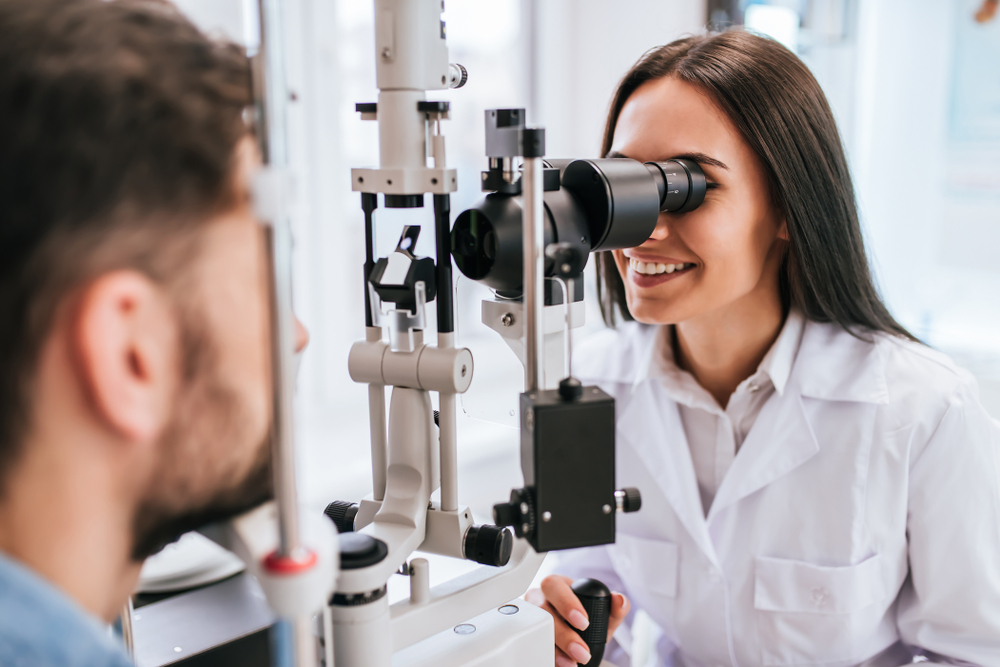Here’s how prolonged digital screen use and some everyday habits are affecting your vision, and what you can do to take better care of your eyes.
Excessive exposure to screens
“Prolonged viewing of any type of screens, be it your desktop, smartphone or television, is harmful to your vision,” says DR CLAUDINE PANG, Consultant Eye Surgeon and Medical Director at Asia Retina Eye Surgery Centre.
In fact, Computer Vision Syndrome (CVS) and digital eye strain are real syndromes that occur due to extended digital screen use, she says. Symptoms may include eye strain, headaches, dry eyes, blurred vision and neck pain.
“CVS is usually a result of a combination of factors including poor lighting, glare of the digital screen, poor posture and improper viewing distance. In addition, when we concentrate on a digital screen we tend to blink less, which exacerbates eye dryness that can further lead to eye strain, pain and irritation,” says Dr Pang.
“While this is inevitable, especially in this day and age where almost all of our activities are latched on our gadgets, it may be helpful to follow the ‘20-20-20’ rule: for every 20 minutes spent working on your screen, spend 20 seconds looking at something 20 feet away.”
According to Dr Pang, some of the other measures that can be taken to prevent CVS include placing the screen at an adequate distance (more than arm’s length) from your eyes, placing the screen below your eye level, anti-glare screens, conscientious blinking, and ensuring good seating posture and adequate lighting.
Working your eyes in the dark
Perhaps one of the most common habits these days is using gadgets in bed or right before bed – something Dr Pang advises against.
“The changes in light levels require huge adjustments for the eyes. It’s the same thing when we try to read with dim lights. Making our eyes work harder than they should can result in pain and discomfort,” she says.
Are you guilty of these habits, too?
Reading while in transit
While reading a physical or digital book is a productive use of your time on the MRT or bus, the constant movement makes it hard for the eyes to focus, which leads to unnecessary discomfort, says Dr Pang.
Not wearing eye protection
Sunglasses aren’t just for fashion; they serve as actual protection against the sun’s UV rays, which can cause cataracts, says Dr Pang. The same goes for goggles while swimming, as they can help avoid exposure to harmful pool chemicals.
Not getting enough sleep
Did you know that not getting enough shut-eye can affect your eyesight? Studies have shown that under-sleeping can lead to health complications including deterioration of eye health, says Dr Pang.
“These damages go far beyond having dark circles around the eyes. Because sleep allows our eyes to replenish, not having enough of it is a deprivation of the organ’s recovery. So make sure to get enough sleep every single night to maintain your overall health,” says Dr Pang.
Makeup mistakes
Applying makeup near your eyeballs poses high risks of infecting your eyes, according to Dr Pang. Therefore, it’s important to be extra careful putting on mascara, eyeliner and other makeup, ensuring that you don’t put something too close to your lid margin, and making sure to remove all makeup residue completely.
“Also, because products are often damp and dark, bacteria tend to grow fast. Make sure to replenish your makeup at least once every three months,” says Dr Pang.
Expert tips on keeping your eyes healthy
“Our eyes do extreme duties all throughout the day. In fact, our day begins with them opening and ends as they close. A little concern and care can go a really long way,” says Dr Pang.
“Make sure to visit your eye doctor regularly to have your vision checked. Adults above 40 should have an eye exam once a year if their last check-up was normal, or once every six months if a cataract, glaucoma or other retinal disease has been diagnosed.”
During an exam, Dr Pang checks for cataracts, glaucoma, retinal diseases including macular degeneration and retinal tears or holes, and more.
Not smoking, eating a healthy diet with foods rich in Omega-3 and lutein (the “retinal vitamin”), taking supplements, avoiding processed foods and refined sugars, and keeping your blood sugar and cholesterol in check are other important ways to keep our eyes healthy, according to Dr Pang.
“The eyes are extremely delicate organs. They play a very essential role in our day-to-day living. Complications can bring difficult challenges and hamper us from being truly productive. With that, it’s just right that we do as much as we can to take care of them.”
Asia Retina Eye Surgery Centre
#15-10 Paragon, 290 Orchard Road
6732 0007 | asiaretina.com
Like this? See our health & fitness section
Here’s the best way to safely remove ear wax








